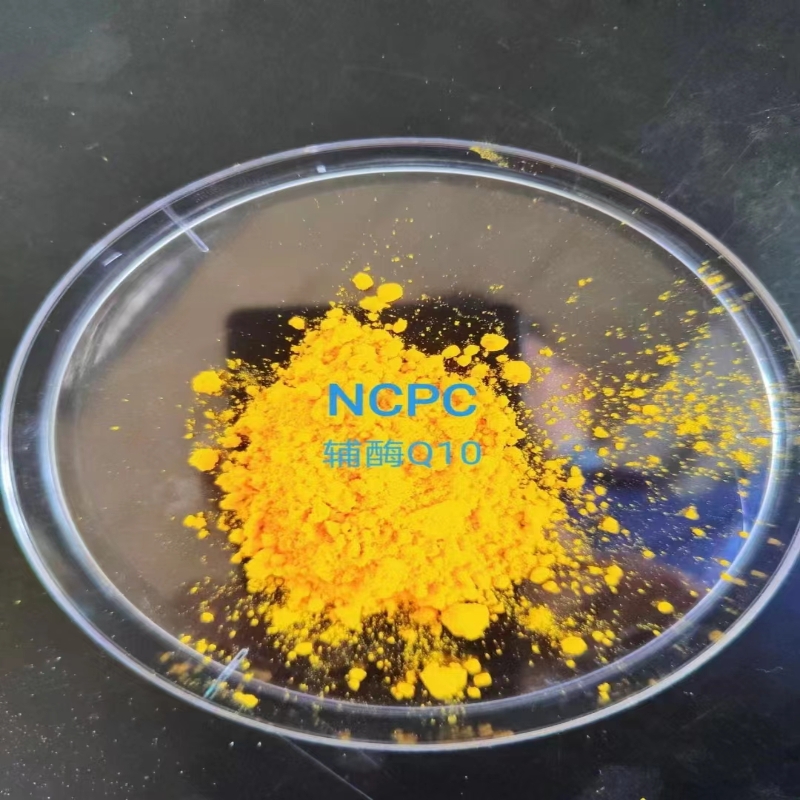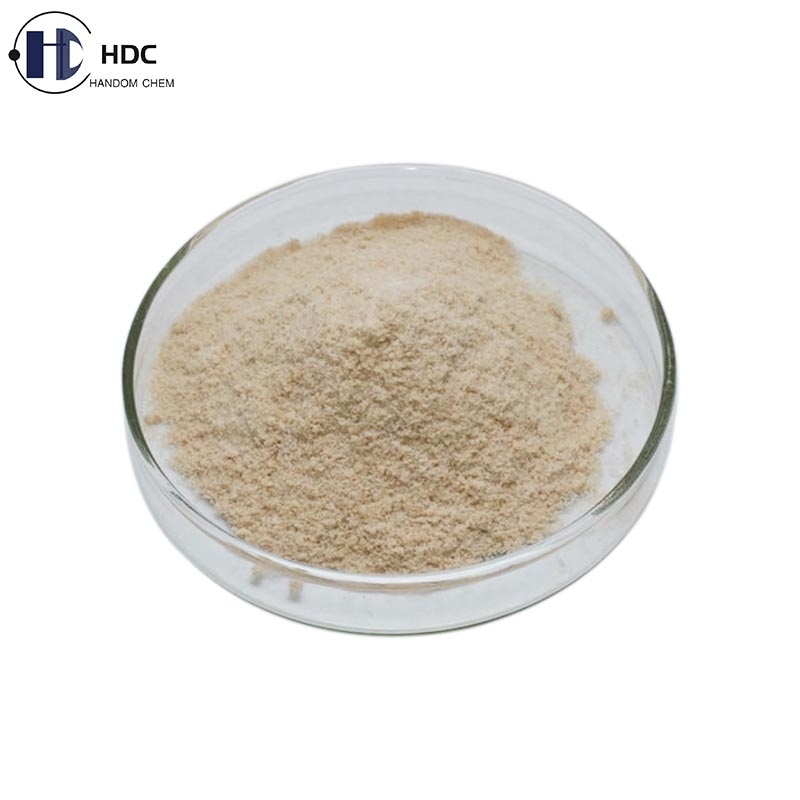gifted scholars and beautiful ladies! GSK joins hands with lengquangang to launch a charge against obesity and type 2 diabetes
-
Last Update: 2015-03-24
-
Source: Internet
-
Author: User
Search more information of high quality chemicals, good prices and reliable suppliers, visit
www.echemi.com
March 24, 2015 / BIOON / - recently, Cold Spring Harbor Laboratory, a key biomedical research town in the United States, announced that it would establish a long-term cooperation with GlaxoSmithKline, a British biomedical giant The two sides will cooperate in the research and development of new therapies for obesity and type 2 diabetes According to the agreement, researchers from lengquangang laboratory and GlaxoSmithKline will study PTP1B, a protein tyrosine phosphorylase PTP1B is believed to play an important role in the production of insulin resistance and leptin resistance, which has been a long-standing problem in the field of obesity and diabetes treatment Data show that in 2011, there were 366 million people suffering from diabetes in the world, and by 2030, the number will surge to 552 million And the global health spending on obesity has reached 200 billion dollars every year! Obesity and diabetes have become one of the unavoidable health problems! As the holy land of life science in the United States, Cold Spring Harbor Laboratory has always attached great importance to cooperation with enterprises Terri Willey, director of the business development and results transformation Department of the laboratory, has high expectations for this cooperation For the smooth progress of this cooperation, lengquangang laboratory has sent out a "luxury" research team Lengquangang laboratory is in charge of the project by Professor Nicholas Tonks, who has been engaged in the research of tyrosine phosphorylase family for a long time and is a leading figure in the research field of PTP family It is worth noting that PTP1B, the target of this study, was discovered by him As a 125 year old research institution, Cold Spring Harbor Laboratory is well-known in the field of life science in the United States and even in the world At present, there are eight Nobel laureates working in the laboratory Every year, more than 12000 young scholars from all over the world come here for academic exchanges With its strong academic ability, the cooperation between cold spring port laboratory and GlaxoSmithKline is a natural match Let's look forward to what surprises this powerful combination of teams will bring us in the future Detailed English report: Cold Spring Harbor, N.Y.--Cold Spring Harbor Laboratory (CSHL) today announced a collaboration with GSK to develop a treatment for obesity and type 2 diabetes Scientists at CSHL and GSK will pursue drug development based on a novel approach to regulate the enzymatic activity of the phosphatase PTP1B The goal of the multi-year CSHL-GSK collaboration is to identify potent, selective, orally bioavailable small molecules that inhibit PTP1B activity in vivo following stimulation by insulin and leptin, which would be expected to overcome insulin and leptin resistance that is encountered in diabetes and obesity "At CSHL, we are striving to achieve mutually beneficial and effective collaborations to accelerate research and develop new therapies to benefit patients", said Teri Willey, Vice President for Business Development and Technology Transfer at CSHL Obesity and diabetes are among the major medical challenges that society currently faces According to the International Diabetes Federation, diabetes had a worldwide prevalence of 366 million in 2011 and that is predicted to increase to 552 million by 2030 In the U.S alone, the annual health cost related to obesity is nearly $200 billion The work at CSHL will be led by Professor Nicholas Tonks, who is an expert on the protein tyrosine phosphatase (PTP) family of enzymes and their roles in human diseases He is considered a pioneer in the PTP field, having discovered PTP1B His work was instrumental in establishing the importance of the PTP family of enzymes as regulators of how cells respond to stimuli from their environment and as potential therapeutic candidates for several human diseases "At GSK, we believe that combining the in-depth target and disease knowledge of renowned academic groups with our drug-discovery expertise and capabilities can foster innovation and speed up the discovery and development of new medicines," said Carolyn Buser, global head of The Discovery Partnership with Academia program (DPAc) at GSK "We are excited to expand our partnerships in North America and look forward to working closely with Dr Tonks, whose deep understanding of protein tyrosine phosphatase biology will complement our own work in this field." DPAc at GSK combines the insights and creativity of the academic world with GSK's drug-discovery expertise to turn innovative research into medicines that benefit patients GSK currently has 13 DPAc collaborations in place at academic research institutions in North America and Europe GSK and CSHL will provide project co-leadership, allowing synergy between their different sets of expertise to facilitate the development of novel therapeutics
This article is an English version of an article which is originally in the Chinese language on echemi.com and is provided for information purposes only.
This website makes no representation or warranty of any kind, either expressed or implied, as to the accuracy, completeness ownership or reliability of
the article or any translations thereof. If you have any concerns or complaints relating to the article, please send an email, providing a detailed
description of the concern or complaint, to
service@echemi.com. A staff member will contact you within 5 working days. Once verified, infringing content
will be removed immediately.







